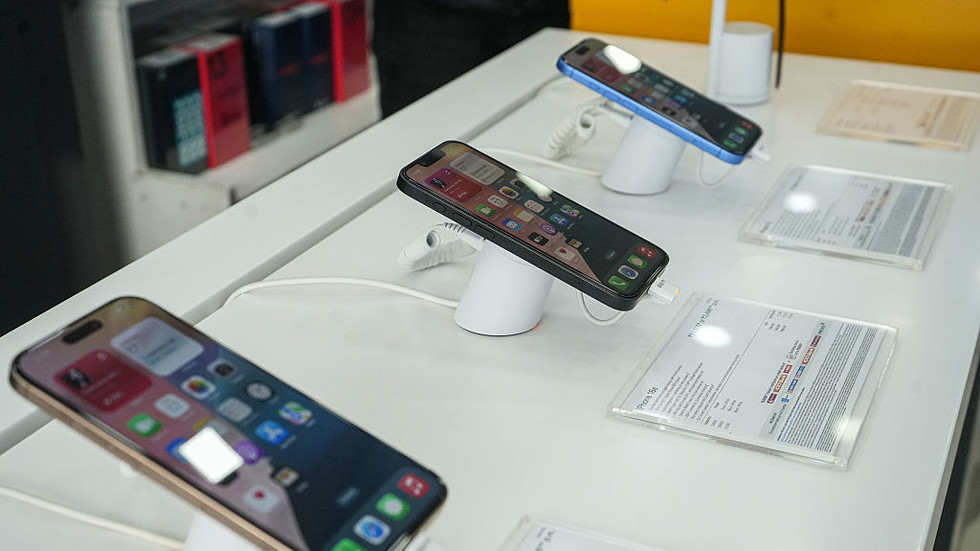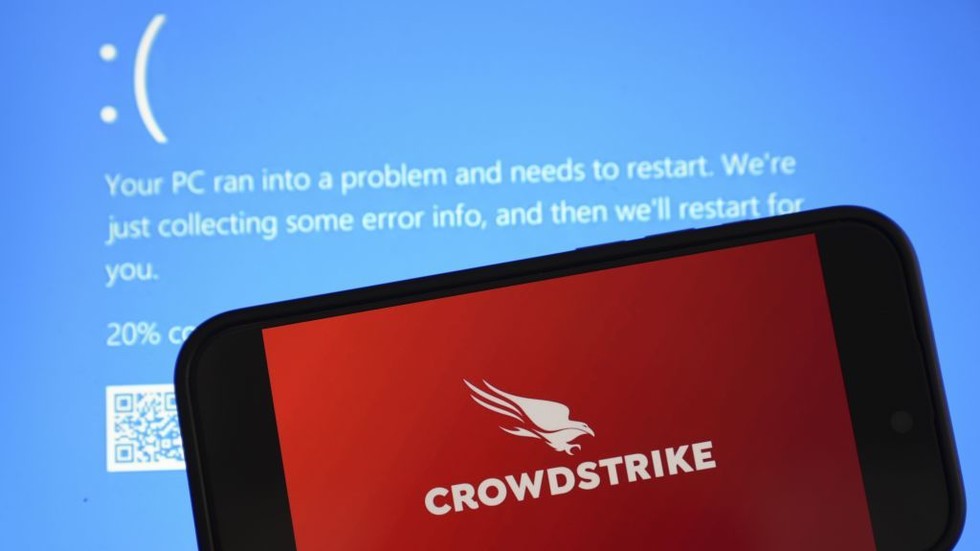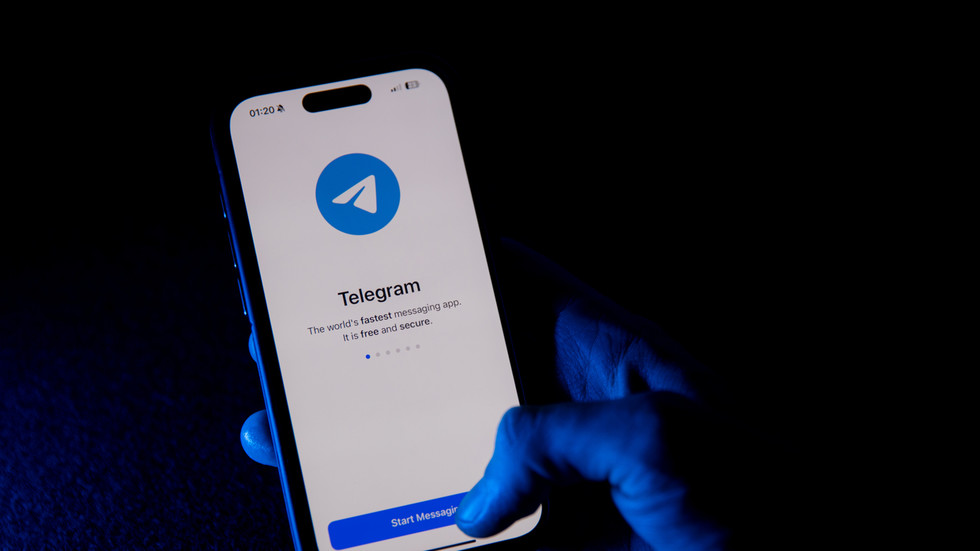

There are different definitions of win. I certainly fear nuclear war. But I think the west believes their island chains will strangle China, prevent a break-out beyond the SCS or retaliation against US interests and notch them a win. China will repel them from the SCS, reclaim Taiwan and unless subjected to continued attacks I think it’s possible they won’t pursue the US much further though who knows. The US will use the fall of Taiwan and the inevitable missile attacks on island chains around China such as Philippines which were used in attacking China/PLA, etc to further justify their presence and cast China as an aggressor and “threat to democracy” and as justification for Russia level sanctions and attempts to economically strangle or at least isolate China and push it into its own bloc which can gradually be attacked and undermined.
China itself doesn’t want to put the US in a spot where there is zero relations and incentive for the US to just go sicko-mode so they’re likely to go along with the decoupling and ship products for finishing to third countries while counting on US decline. This would allow the US to prevent China from claiming the commanding heights, the name brands, the finished products, and totally removing the US ability to sanction countries by denying them product (China could still sanction but so could US, both would have a veto) and allow the US a very ugly kind of managed decline in an attempt to reclaim greatness.
West still thinks it has tricks up its sleeve. Their special forces people talk vaguely of swarms of AI sea-faring drone-mines they’d plan to deploy in the SCS to totally deny China its use for their navy but I also believe for the purposes of stopping Chinese shipping and forcibly decoupling them from the world.






This is foolish. As foolish as Trump’s tariffs war. It’s trying to bully someone with a strong hand into a deal when they already offered you one. Trying to bluff them in a situation where if they call your position collapses entirely is foolish.
Trump is showing he truly is someone swayed by whoever talks to him last. Zelensky was instructed by psychological experts from western intelligence I’m sure just how to appeal to him at their last meeting.
Russia’s bottom lines have been the same since the start and the only change has been the addition of recognition of the eastern oblasts (which Russia within its own legal system incorporated as de jure parts of Russia (under Russian law)) as part of Russia.
I can only assume that this ceasefire is another Minsk agreement deception. They intend to attempt to force it, to re-arm and re-train and re-group Ukraine’s military so they can put more of their men into the meat grinder and stall a collapse of the front another 10 months. And quite frankly given all the talk from France and other members of sending in troops once a ceasefire is achieved of trying to push the envelope of the acceptable slowly until Ukraine is de-facto but not de jure part of NATO.
Trump is going to ensure the US gets very little or no minerals to plunder from Ukraine if Russia has to push through to the finish.
I also wouldn’t be shocked if Trump is testing the waters with this, says nothing and then when Russia pushes back hard he’ll claim he never agreed to that and attempts to leave Europe on the hook for it all.